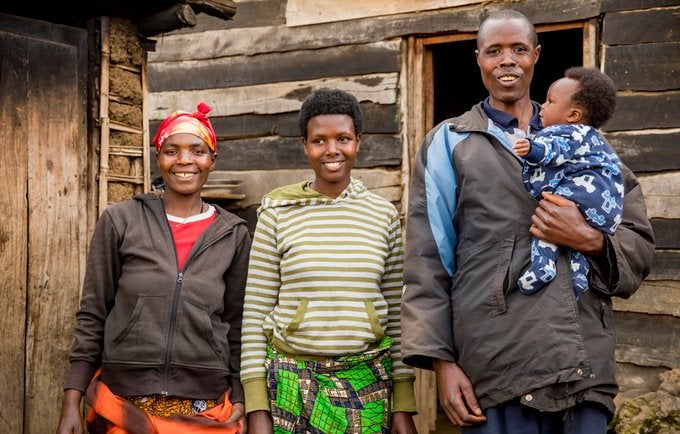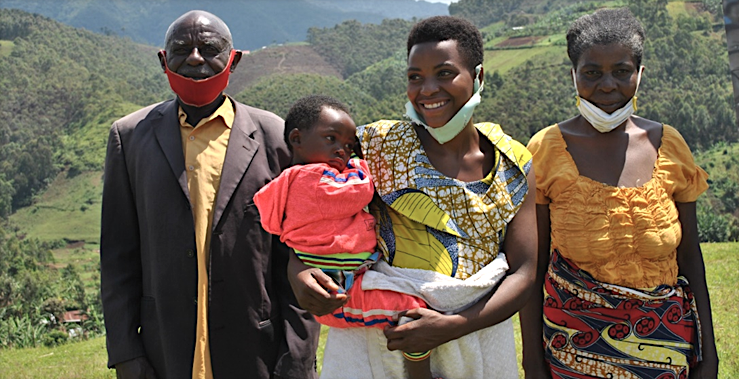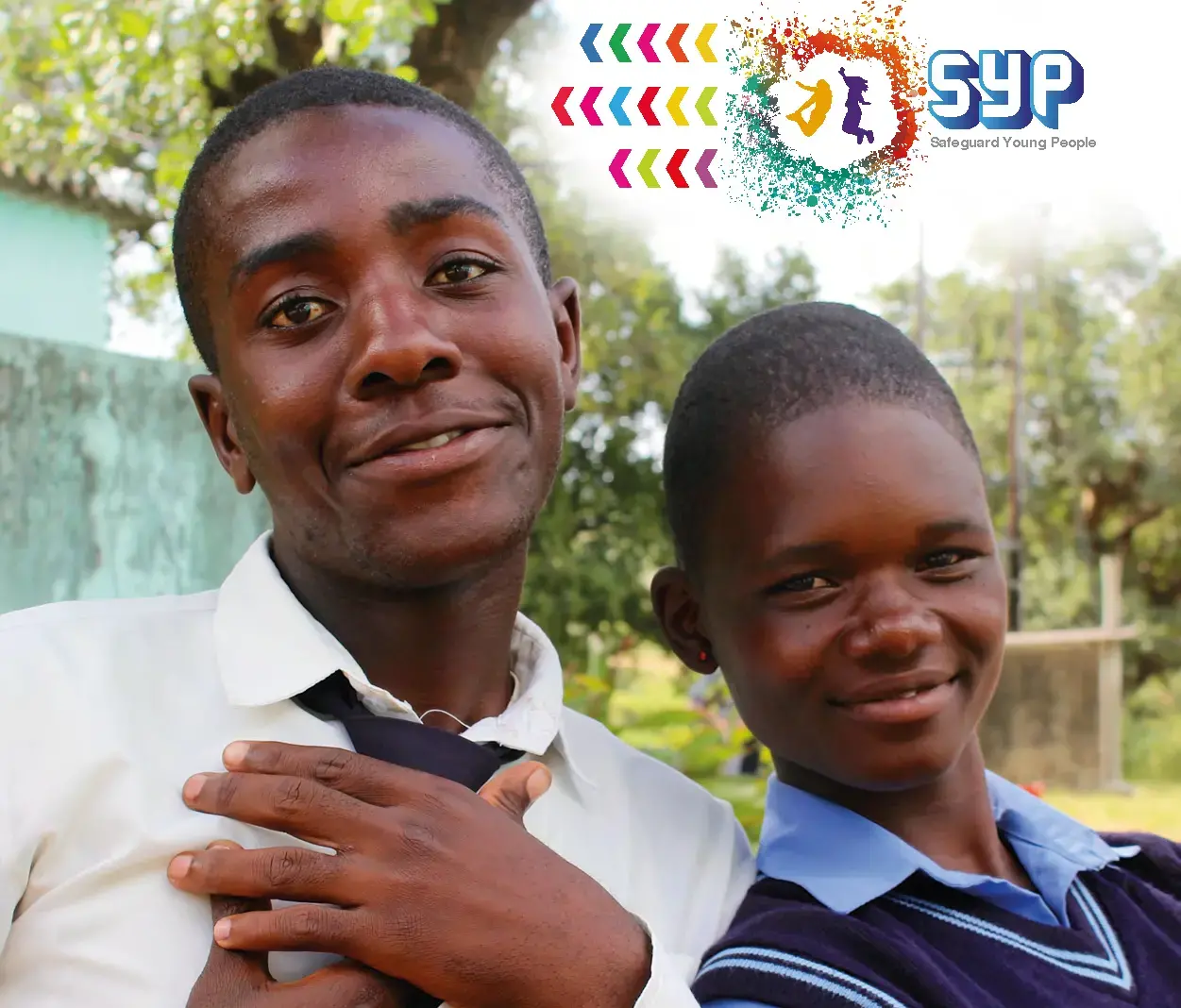NYAMASHEKE DISTRICT, Rwanda—When her parents learned that she was pregnant at 17, they threatened to banish her from her home. The man who had impregnated her had already fled their village and would not take her phone calls. Francine Uwamahoro was terrified.
She felt guilty that her mother had to sell their only goat to pay for her medical bills and other needs during her pregnancy. “I cried. Our family is very poor. My parents were already struggling to provide enough food and to pay for school materials and health insurance,” she said.
I cried. Our family is very poor. My parents were already struggling to provide enough food and pay for school.
Her story echoes that of many other teenage girls in Nyamasheke District, whose early and unintended pregnancies leave them vulnerable to school dropout, gender-based violence and sexually transmitted infections. With the majority of teenage mothers failing to complete their education, the intergenerational cycle of poverty is entrenched.
Rwanda has already taken significant steps to improve its legal and institutional framework for the protection of children’s and adolescents’ rights. However, further efforts are needed to raise awareness of sexual and reproductive health and the prevention of gender-based violence.

Empowering Rwanda's youth
With this in mind, UNFPA, the United Nations sexual and reproductive health agency implemented the Healthy and Empowered Youth project in partnership with the Korea International Cooperation Agency (KOICA). The project aims to empower adolescents and young people in Rwanda to realize their right to equality, and sexual and reproductive health, and freedom from violence and discrimination.
Since April, activities in schools and local communities have focused on ending teenage pregnancy and gender-based violence (GBV) in Nyamasheke, Rusizi and Karongi Districts of the western province.
There are various forms of violence in our area, [including] child rape and gender-based violence. We’re trying to stop it.

Positive steps are being taken to protect young people, said Mukamana Claudette, Vice Mayor in charge of social affairs in Nyamasheke District. “There are various forms of violence in our area, [including] child rape and gender-based violence. We’re trying to stop it because it is damaging families’ well-being,” she said.
In many settings, resistance among parents to adolescents accessing comprehensive sexual and reproductive health and rights (SRHR) information and services increases the risk of early and unintended pregnancy. Pregnant adolescents and young mothers suffer from stigmatization, rejection and violence from family members and the community, which leads to double victimization and exacerbates their vulnerability.
As part of the campaign, an interactive radio talk show on GBV and teenage pregnancy was aired in Nyamasheke.
“Many things are being done to fight and prevent GBV in Nyamasheke, including awareness raising and care for the [survivors],” Ms. Mukamana said. “Now the community is informed that in the case of violence, the [survivor] should rush to a nearby clinic for treatment within 72 hours so that the evidence can be collected. We are also sensitizing the communities to have a culture of reporting such incidents to the local authorities,” she said.
Preventing teen pregnancy and GBV
To engage more with young people and assess their understanding of SRH issues, the challenges they face and what they think should be their role in preventing GBV and teenage pregnancy, a writing competition was held at 670 schools in Nyamasheke, Karongi and Rusizi. The activity aimed at fostering creative solutions among youth in schools to adopt healthy and safe attitudes and behaviours.
“We have had a number of teenage pregnancy cases in Rusizi. Through this activity, we hope that young people will [better] understand their role in preventing and fighting [GBV and teenage pregnancy],” said Nteziyaremye Jean Pierre, in charge of secondary school and TVET in Rusizi District.
Students submitted articles, poems and stories and prizes were awarded for the best contributions from two schools per district, with UNFPA support. These were Rubengera Teacher Training Center and College Sainte Marie in Karongi District; Ecole Secondaire de Tyazo and GS Yove in Nyamasheke; and GS Bugarama and St Pierre Nkombo in Rusizi District.
This project will help empower the most vulnerable adolescents and young people with access to education and socio-economic opportunities, and to realize their sexual and reproductive health.
“This project will help empower the most vulnerable adolescents and young people with access to education and socio-economic opportunities, and to realize their sexual and reproductive health,” said Mark Bryan Schreiner, UNFPA Representative in Rwanda.
Launched in July 2020 by KOICA, UNFPA and the Ministry of Youth and Culture, the Health and Empowered Youth project is being implemented in Rusizi, Karongi and Nyamasheke districts, and in the refugee camps and host communities of Mahama, Kigeme, Mugombwa, Kiziba, Gihembe and Nyabiheke for three years, from 2020 to 2023.



